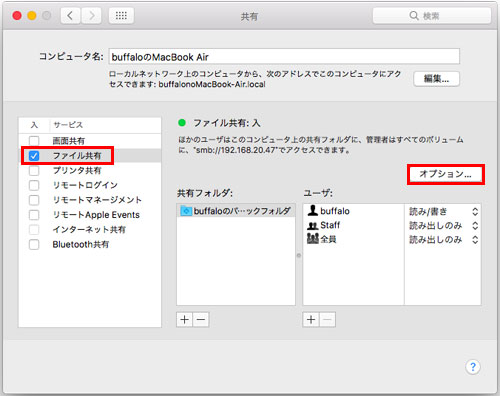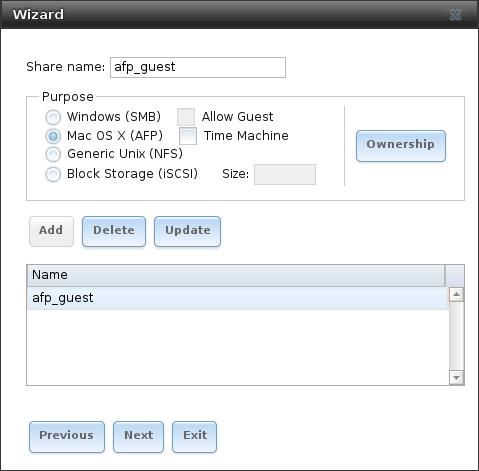


Using 10GbE over Thunderbolt to a QNAP NAS, I get over 1GB/s write, and 630MB/s read. So for the best performance, and 100% compatibility, AFP should be used. AFP slow after sleep (M1 Max, Monterey) After recently getting a M1 Max, I was forced to switch from SMB to AFP due to the notorious Watchdog WindowServer kernel panic issue. The native Windows network file sharing protocol is the preferred protocol for Windows clients.ĪFP is clearly superior to SMB or NFS for Mac OS 8.1-OS X 10.8 clientsĪFP is the native file and printer sharing protocol for Macs and it supports many unique Mac attributes that are not supported by other protocols. However it is incompatible with Windows clients, and is useless for Mac file sharing clients due to missing features, and compatibility and performance problems with Mac apps. NFS is good for UNIX server-to-server file sharing. And mobile users will appreciate a native app for server access and file sharing to their devices. In addition, remote users should be able to securely access server documents via web browser. Apple uses v2 of the Samba protocol, dubbed SMB2 for file sharing by default now, which includes many technical advantages over AFP. With the release of OS X 10.9 “Mavericks”, Apple fully supports both SMB2 and AFP. So AFP is the best protocol for all Mac clients through OS X 10.8, SMB is the standard for Windows clients, and NFS is perfect between UNIX servers. But for the best performance, and 100% compatibility, the native client file sharing protocol is the right choice. In an intranet, network clients have several options, such as AFP, NFS and SMB/CIFS, to connect to their file server. To do this in 6.2.4 and pre-6.3.Native file sharing protocols always win out To speed up Finder listing of SMB shares you can add what is called " vfs_fruit" optimizations. In a future unRAID release, once TimeMachine via SMB is supported, we will probably deprecate AFP support and then eliminate it.

You probably are aware that Apple is phasing out AFP and moving to SMB in their own products. It's a bit picky and error prone if you don't know what is happening. This thing creates a database to do the CNIDFile mapping required for AFP protocol. I'd stay away from AFP because this is implemented in linux using a component called "netatalk". Not sure whether this is triggered by upgrading either OS? Recently I also noticed that it takes (very) long to open and list a folder with a lot of files using AFP (I prefer AFP over SMB). I hope it is oké that I post in this thread.


 0 kommentar(er)
0 kommentar(er)
